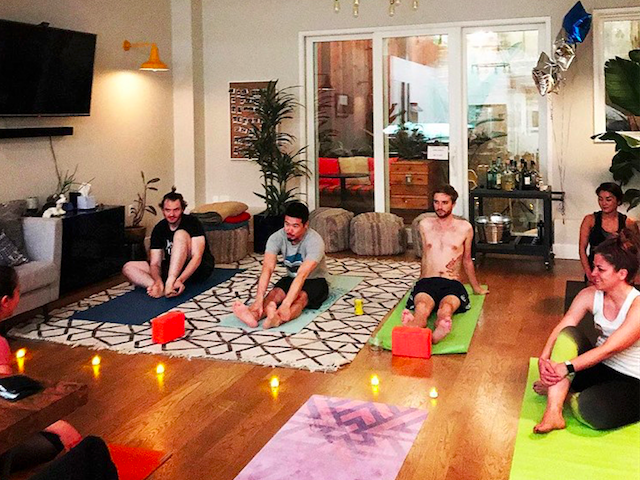San Francisco is trying to solve the housing crisis for its shriveling middle class by moving them into micro-apartments rebranded as fun-loving dormitories.
The concept of jamming tech workers into micro-apartment and group dorms has been common in China’s coastal manufacturing communities for decades. The 2013 China Labor Watch report regarding Pegatron Group factories, which supplied iPhones and iPads, caused Apple massive embarrassment and forced Silicon Valley to adopt standards for Chinese worker dorms.
But today, one of Silicon Valley’s hottest start-ups is San Francisco’s Starcity Development, which is acquiring and repurposing derelict commercial buildings to serve as “dorms for grown-ups.” The goal is to attract professionals who cannot afford the city’s average $3,405 per month rent for a 1-bedroom apartment, despite annual earnings of $50-$100,000 a year.
Each of the company’s first three projects — located at 229 Ellis St. in the Tenderloin; 650 Sacramento St. in the Financial District; and 1028 Kearny St. in North Beach — feature about 20 fully-furnished units with 130 to 220 square feet of living space. Amenities include group bathrooms, common eating areas, and shared assembly spaces. With $1,400 to $2,400 rents that include free utilities and Wi-Fi, Starcity claims its backlog is over 8,000 renters.
Starcity claims the company is really a social justice solution for housing that is positioned to ride the tech-enabled disruptive trends toward self-driving cars, distributed workforces, basic minimum incomes, fewer children, longer lifespans, less work, and more play over the next two decades.
To fund its masterplan — to build family-oriented communal living environments for 21st century inhabitants — Starcity was initially funded with $2 million in a “simple agreement for future equity” (SAFE) from incubator investors in 2016. The company raised $16.4 million in Series A venture capital from Alrai Capital, Blue Collective, Click Ventures, New Enterprise Assoc., and Lowe’s Ventures in February 2018.
CEO and co-founder Jon Dishotsky argues that San Francisco currently needs 30,000 apartment units that would take over 10 years to plan and build. But by converting empty commercial buildings and using shared bathrooms and kitchens, Dishotsky argues that he can roll out thousands of units that rent profitably for about half of current market rates.
Dishotsky told the New York Times that his clients enjoy communal living, with a few exceptions: “If you think about the most private things that you do, a lot of them are related to the bathroom.”
But with Starcity now backed by deep-pocketed venture capitalists after achieving proof-of-concept — that it can radically increase tenant density in dorm rooms — the company is ramping up borrowing from institutional lenders to open hundreds of micro-units in the San Francisco Bay Area this year, and thousands of similar units in 2019.

COMMENTS
Please let us know if you're having issues with commenting.